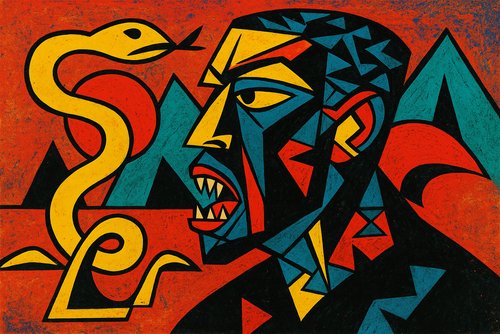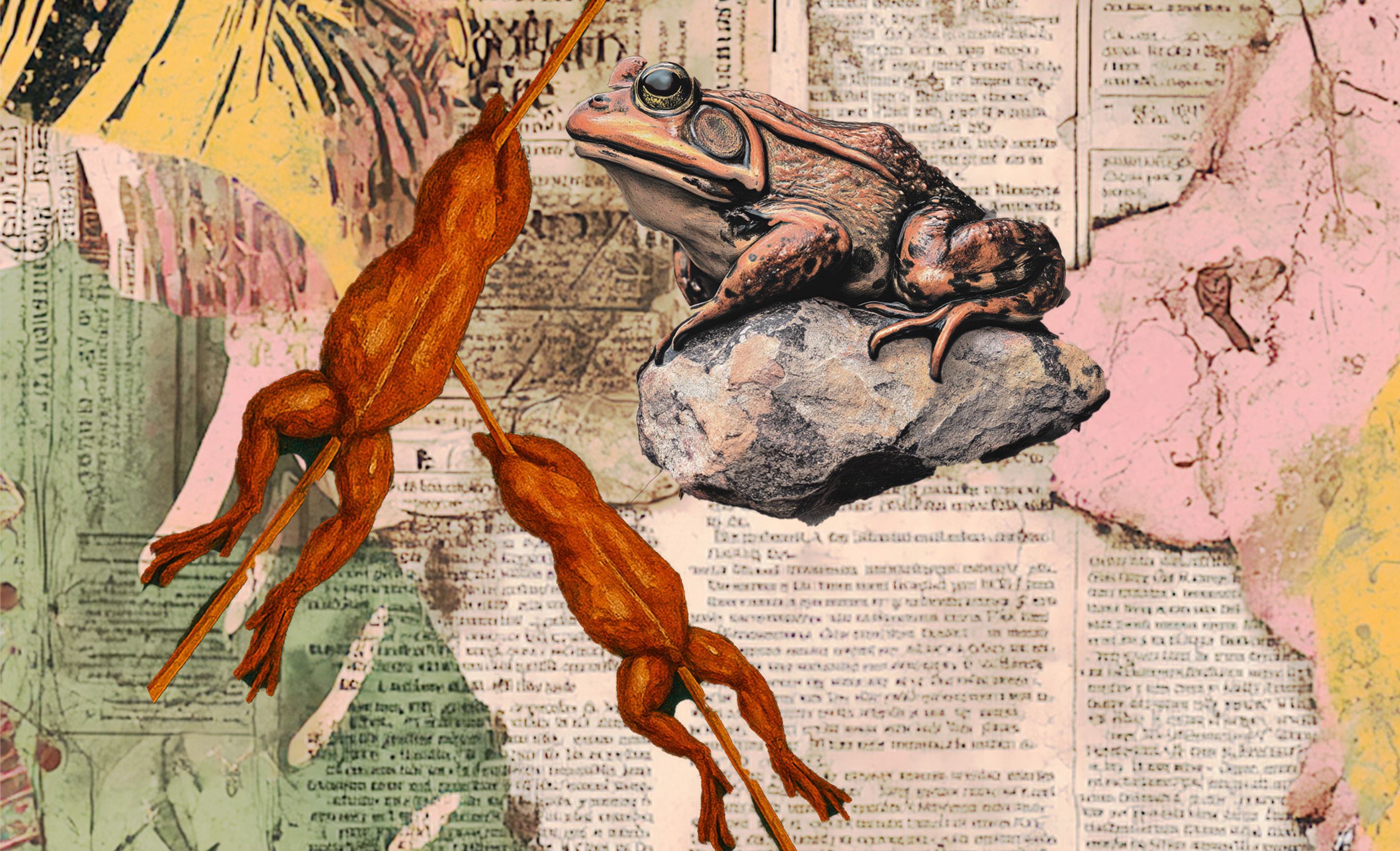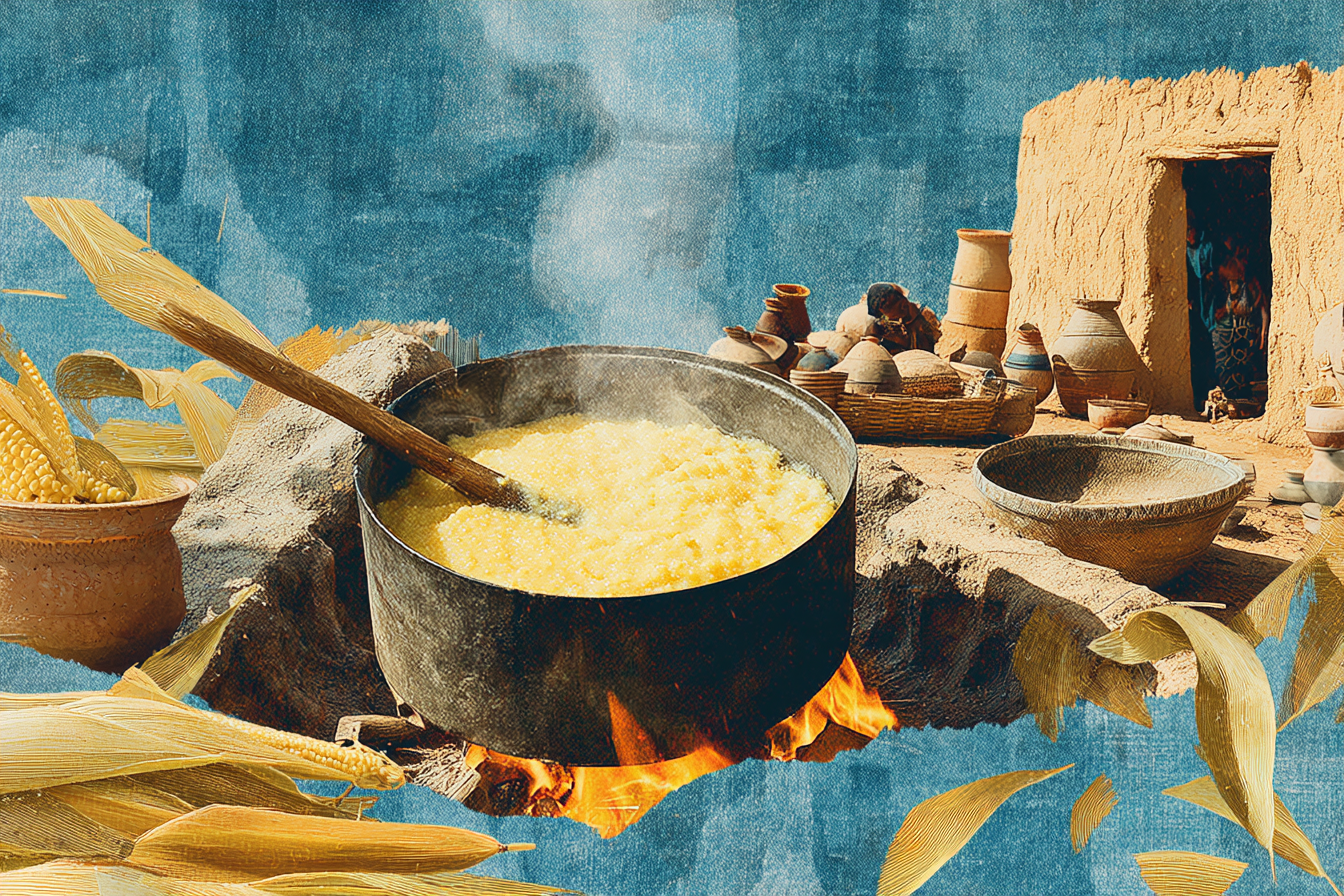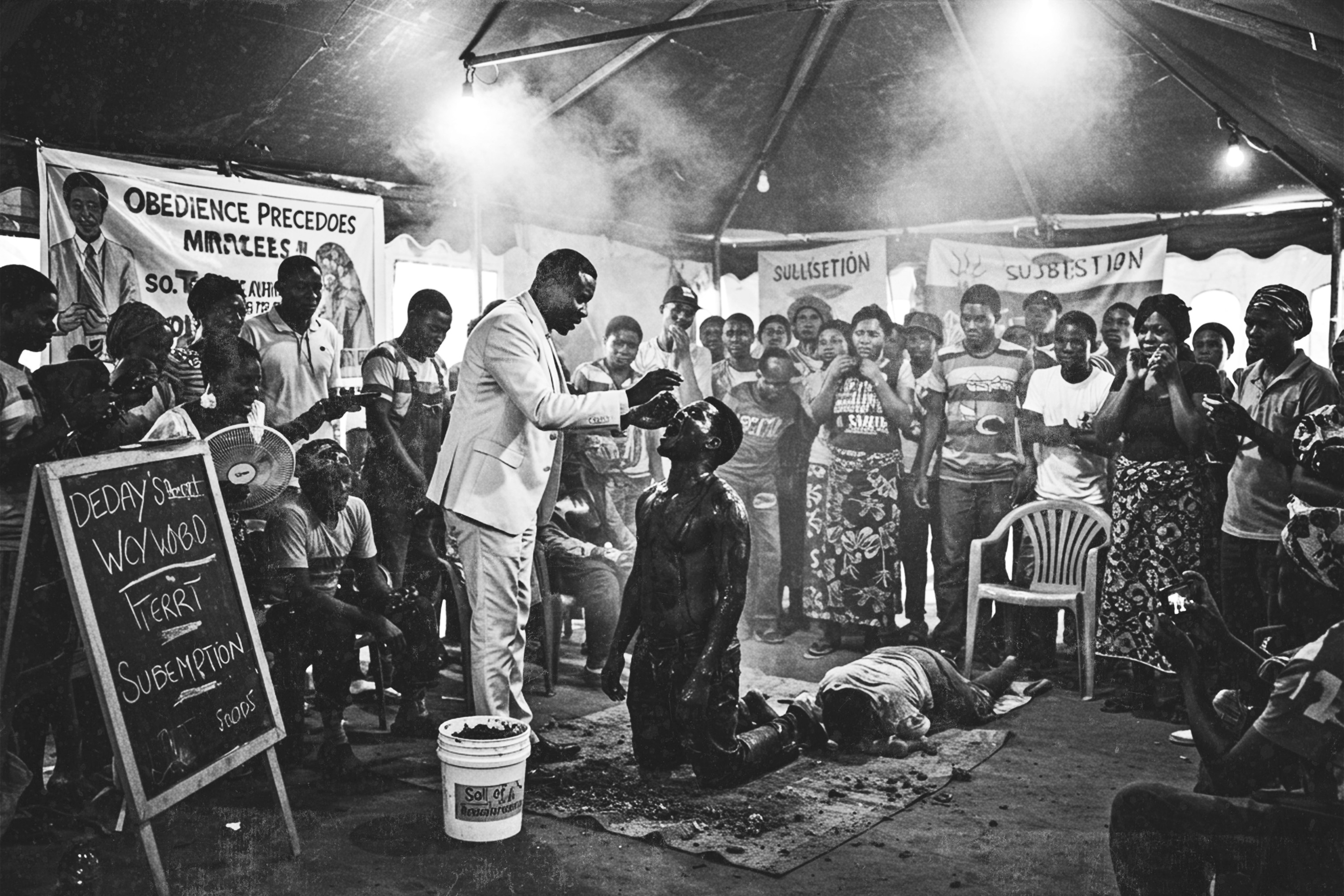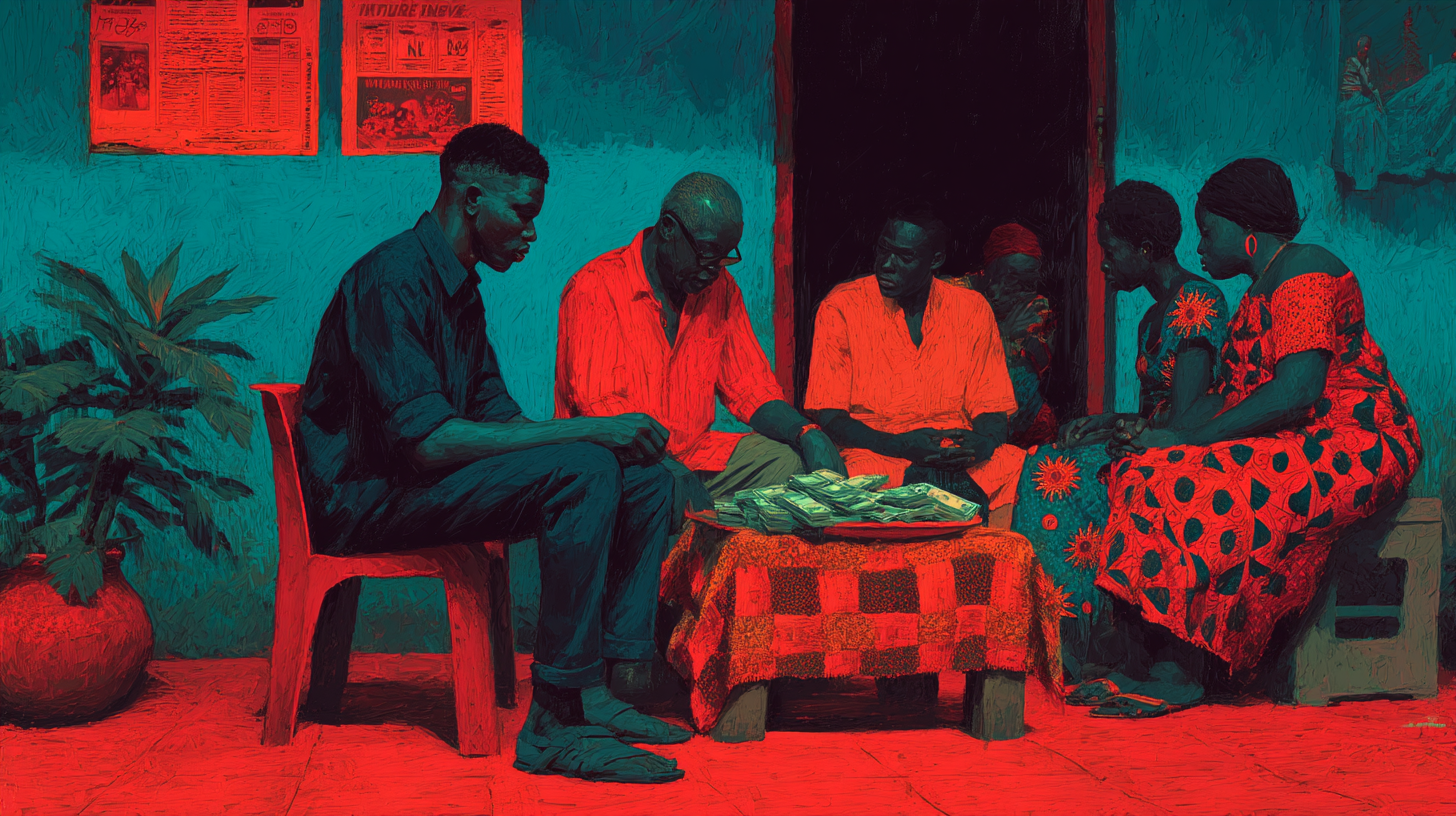Once a prosperous salt trade hub, its decline bred supernatural legends. This piece explores how historical trauma transformed into folklore, from Chiengi Chali's reign of terror to modern struggles with isolation. Through local accounts and archival records, it questions whether the district's "magic" reflects cultural identity, colonial scars, or the resilience of its people.
There is a saying in Zambia: “ If you cross someone from Chiengi, you will see the back of a snake”.
Out of the multitudes of towns and villages in the country and of all the countless tales of superstition and things that go bump in the night, Chiengi district reigns supreme, and the village of Mununga is often referred to as the Zambian capital of witchcraft. Chiengi has played host to more than its fair share of Zambia’s “myths and maybe’s”. From the terror of Chiengi Chali, the man-eating lion, to disappearances and descents into madness, Chiengi’s legends stretch as far back as colonial times.
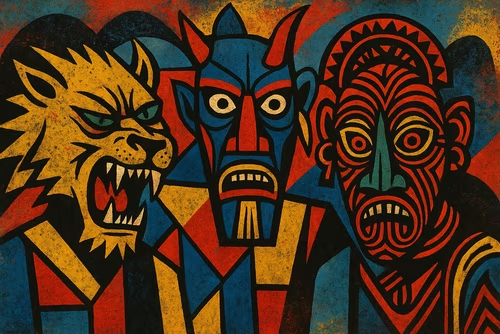
The story of how a district at the tip of the Luapula Province became top on the list of Zambian superstitions starts at the dawn of the 19th century with the death of Dr Fransisco De Lacerda. Lacerda was a Portuguese explorer charged with leading a Portuguese exploration of the area. A few days after his arrival, he was taken with fever, its cause unknown to his company. He later succumbed to the fever, leaving his comrades plagued with infighting on his death. One of his parties would go on to journey through the continent, while the other two would never see the shores of Portugal again. This tale on its own arouses little suspicion, however, it marks the beginning of a pattern that would later raise questions and wonderings about the spiritual implications of life in Chiengi.
When the area came under British colonial rule, Chiengi was established among the first government postings of Northern Rhodesia. These postings back then were known as bomas; housing for government officials in mostly isolated land, where they could both partake in official duties and live. Two men, surnamed Kidd and Bainbridge, were the first two officers posted in Chiengi. Their presence served two purposes: firstly, to establish a base for the British and secondly, to keep other colonialists, and the slave trade they brought with them, out. The events leading up to Kidd’s and Bainbridge's deaths would result in the first closure of the post. Some accounts claim they died at the hands of a powerful local wizard they crossed; others still claim a simple case of poisoning. Whether there was magic involved or not, the outcome was the same: Bainbridge and Kidd were buried under the flagstones of the boma.
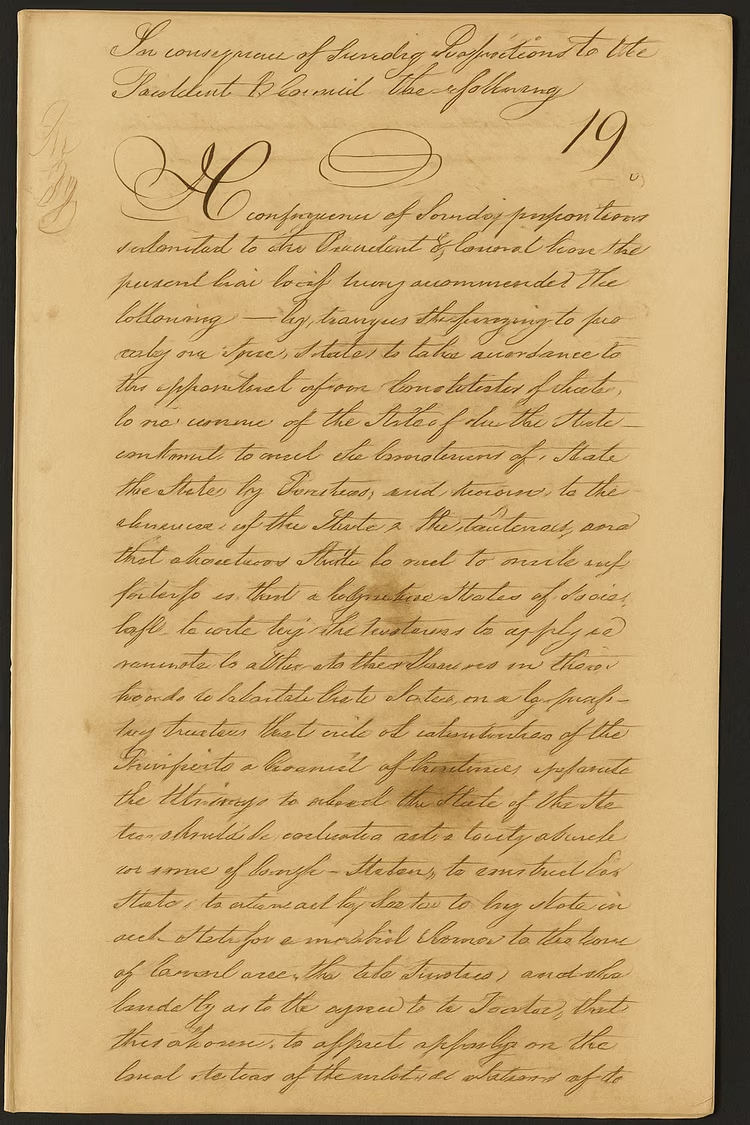
While they lay buried, officers of the British State came and went. Records state that PCJ Reardon and his wife went mad and ended up in an asylum. As did the acclaimed linguist G.H. Morton. Another posted officer died of blackwater fever. Two visiting missionaries drowned in Lake Mweru, the list goes on. At one point, Chiengi recorded 20 British officers in 23 years. Excerpts from a diary of an officer sent to reopen the post after yet another closure paint a haunting picture:
A room empty of most furnishings is described in a land wild and vast. The only item of import is a broken telescope - its lens shattered when a previous inhabitant peered through it and saw, not an animal of the land, but a creature too large and too vividly patterned to be considered of this world.
The diary goes on to describe rituals in the village, which the officer cannot comprehend, either because he does not understand the language or because they are of another realm. An excerpt describes a barred fence surrounding the exposed parts of the house to keep the wildlife out, and possibly one creature more than any other.
Chiengi Chali
Chiengi’s reputation isn’t solely based on mysterious deaths and inhabitants going mad; its most infamous horror, perhaps, was flesh and blood. In 1909Chiengi Chali, the white lion traded in his preference for prey of the savannah for a diet of human flesh. Leading a pack of two male lions, ghostly pale and with only half a tail, Chali reportedly killed and devoured 90 people, endlessly evading capture. He was notorious in the villages dotted across the area, inspiring fear among the locals.
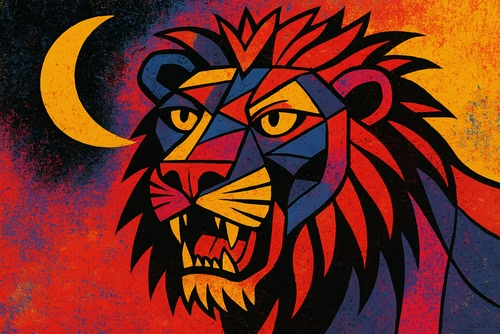
To the natives of Chiengi, Chali was not just a lion. A few years prior, a community had put a local wizard to death. Chali’s peculiar colour and peculiar tastes indicated to the villagers that the wizard had returned, stronger than before and ready to take his revenge. Over the years, numerous traps were set, and some of the best hunters and shooters in the country were called upon to hunt down the demon. For years, he evaded capture with an efficiency that could only be described as supernatural, even tearing a hole through a wall in an attempt to reach a family of victims.
Eventually, Chali met his end, ending a string of killings, but his reign of terror remained. His existence so struck fear in the hearts of many that even now, the unexpected rustling of grass could signal Chali’s second coming.
With a Grain of Salt
Discussions about Chiengi are often shrouded in the mystical. However, the fevers and breaks in psyche could be explained away as the complications of malaria, misconstrued as witchcraft.
The area was once a thriving producer of the nation's salt. Estimated at one point to provide the government with over 800 tonnes of salt per year, it was the only source apart from the faraway Mpika. It was an important player in the salt trade and experienced economic prosperity when salt was still valuable currency, followed by a sharp decline when the product lost value.
As it stands now, Chiengi suffers in terms of development due to roads left in disrepair that have cut it off from much-needed development. Its isolation makes it vulnerable to raids from rebel mercenaries from across the border. However, despite its troubles, the inhabitants of Chiengi have shown a remarkable spell of resilience for centuries. Could the rumours about Chiengi and the tales about its spiritual ruin simply be a distraction from what else it lost? What is happening in Chiengi?
